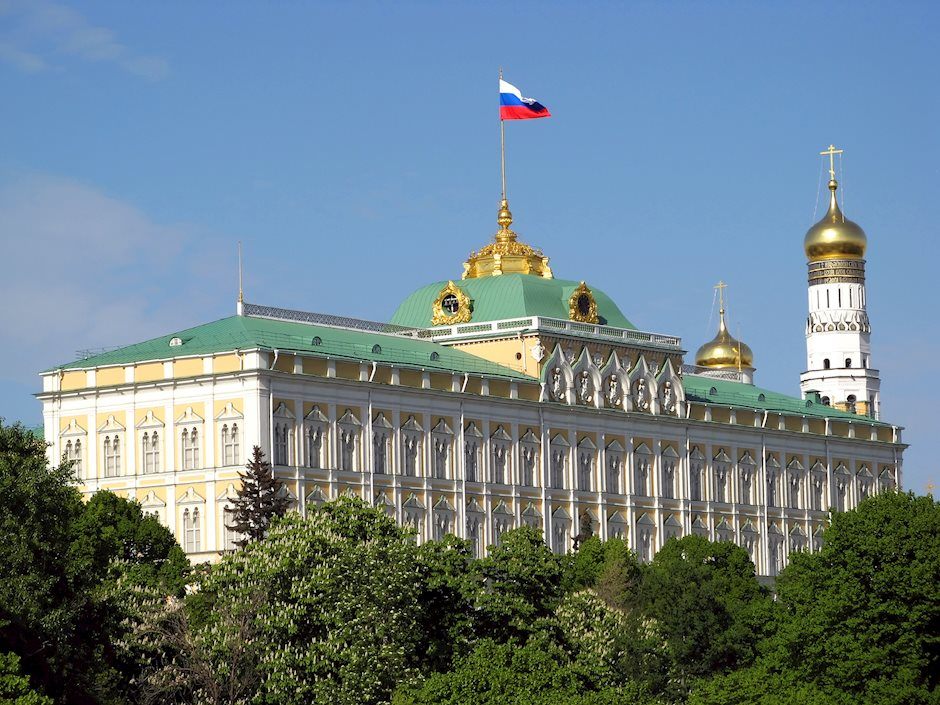Russia turns to Gold to raise cash and skirt economic sanctions

Russia has reportedly used gold to evade currency restrictions put in place as part of economic sanctions levied in the wake of the invasion of Ukraine.
Under the sanction regime, Russian banks are prohibited from importing dollars or euros into the country. The ban is enforced by locking Russia out of the Society for Worldwide Interbank Financial Telecommunication (SWIFT).
This system enables banks and other institutions to send and receive financial transactions and data in a secure, standardized environment. Because the dollar serves as the world reserve currency, SWIFT effectively facilitates the international dollar system. As the European Council explained it, locking Russia out of SWIFT effectively imposed a currency ban.
As a result, these banks can neither obtain foreign currency (as a transfer of foreign currencies between two banks is generally processed as a transfer abroad involving a foreign intermediary bank) nor transfer assets abroad. This has negative consequences for the Russian and Belarusian economies.
According to a Bloomberg report, Russia has skirted the sanctions and important U.S. and EU banknotes into the country through the United Arab Emirates and Turkey using gold.
With hard currency in the form of dollars and euros, it's much easier for Russia to obtain goods and services abroad through sellers willing to skirt sanctions for cash.
Reports compiled by Sayari, a financial intelligence company, found that financial institutions in the UAE and Turkey exported more than the equivalent of $82 million in euros, dollars, and UAE dirhams into Russia during the first quarter of 2023. The report shows that several of the same institutions that shipped hard cash to Russia also imported gold from the country within a similar timeframe.
One of the Russian banks reportedly receiving cash for gold was Lanta Bank JSC. The owners of the bank reportedly have a controlling interest in GV Gold, a Russian mining company.
The report says Russian banks were trading gold for currency through at least July or August of last year. A Sayari analyst said gold deliveries seem to have expanded to Hong Kong, in addition to the UAE and Turkey.
Sayari described the trades as "circular," and reported that gold and banknotes flowed through a network of intermediaries making them difficult to trace. The D.C.-based commercial risk intelligence provider conceded that the data could not trace the imported currencies to the final destination and said it was unclear if the recipients had direct ties to sanctioned entities.
But it seems almost certain Russia has used its vast gold reserves to obtain dollars and euros to facilitate trade despite the globally imposed economic lockdown.
Sanctions have created a shortage of foreign currency in the country, putting a squeeze on the Russian economy and effectively shutting the country out of the global financial system. Bloomberg reported, “It’s possible that some of the country’s banks sought access to the currencies to facilitate imports and other transactions.”
Bloomberg said it could not independently confirm the cash for gold scheme and it is “not clear” if the banks are still using the strategy.
It makes sense that the Russians would turn to the yellow metal. In the years prior to the invasion, the Russian central bank aggressively accumulated gold. In 2018, Russia overtook China to become the world’s fifth-largest gold-holding country.
The Central Bank of Russia bought $4.3 billion worth of gold between June 2019 and June 2020. According to a Bloomberg report in 2020, “Russia spent more than $40 billion building a war chest of gold over the past five years, making it the world’s biggest buyer.”
Russia also ranks second in the world as a gold producer.
Russia’s investment in gold appears to have paid off.
The country has a lot of gold. And the fact is, there are always people and institutions that want gold – sanctions or no sanctions.
At the onset of sanctions, Russian Parliament head Pavel Zavalny made comments indicating that gold would serve an important role as it attempted to maintain trade and continue selling oil and gas despite global sanctions.
If they want to buy, let them pay either in hard currency, and this is gold for us, or pay as it is convenient for us, this is the national currency. As for friendly countries, China or Turkey, which are not involved in the sanctions pressure. We have been proposing to China for a long time to switch to settlements in national currencies for rubles and yuan. With Turkey, it will be lira and rubles. The set of currencies can be different and this is normal practice. You can also trade bitcoins.
In an op-ed published by MarketWatch in April 2022, Brett Arends said Russia’s plan to use gold makes sense.
Gold is completely private. It is completely independent of the SWIFT or any other banking system. And despite the rise of cryptocurrencies, it remains the most widespread and viable global currency that is not controlled by any individual country.
To receive free commentary and analysis on the gold and silver markets, click here to be added to the Money Metals news service.
Author

Mike Maharrey
Money Metals Exchange
Mike Maharrey is a journalist and market analyst for MoneyMetals.com with over a decade of experience in precious metals. He holds a BS in accounting from the University of Kentucky and a BA in journalism from the University of South Florida.

















